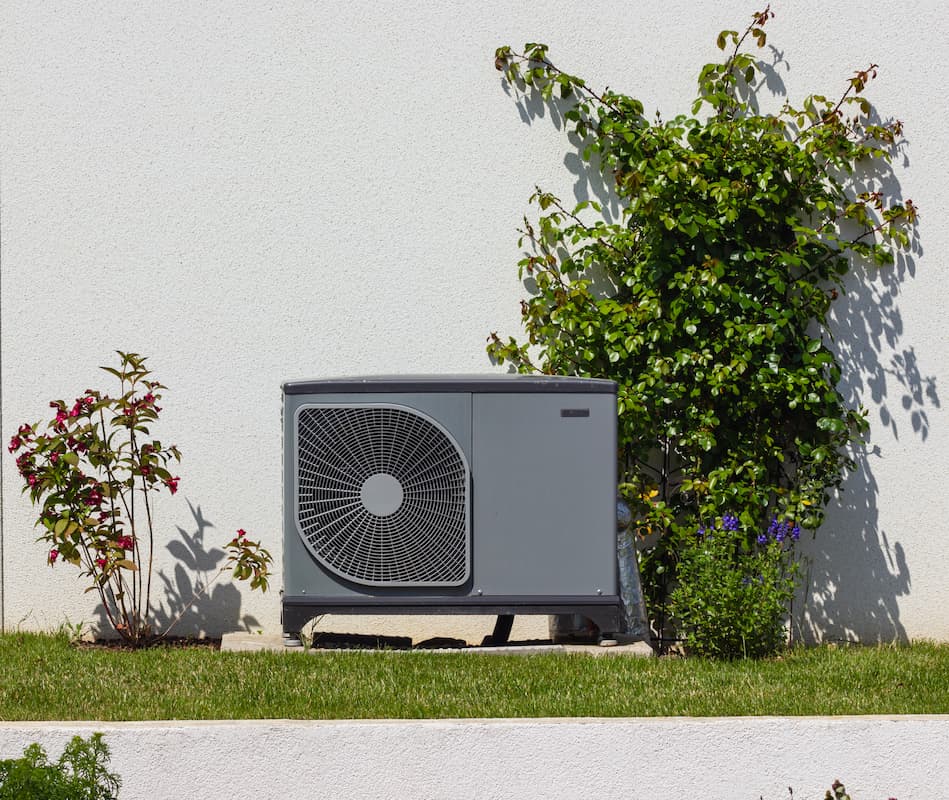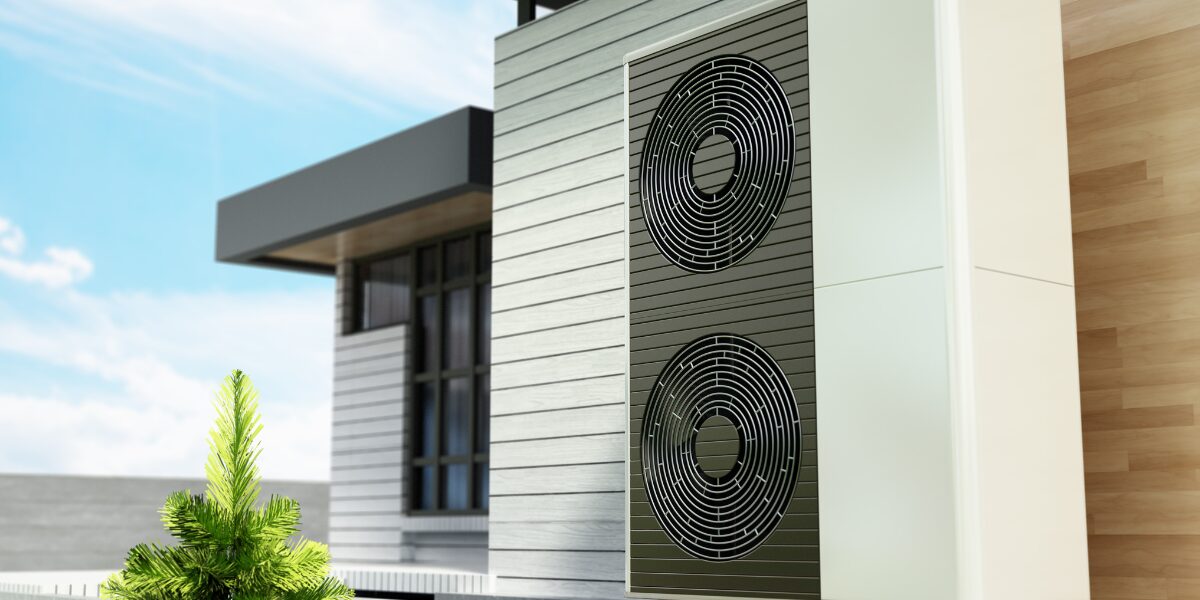Understanding Heat Pump Installation Timelines: What to Expect

Thinking about getting a heat pump and wondering how long the installation will take? If you’re looking to switch to this energy-efficient way to heat and cool your home, it’s important to know what to expect.
In this article, we’ll walk you through the entire installation process, step by step. We’ll break it down into simple terms so you can see exactly how much time each part takes.
Whether you’re planning a new installation or upgrading an old system, we’ve got the info you need to make the process smooth and easy. Don’t forget you can take advantage of the Boiler Upgrade Scheme, which provides a grant worth up to £7,500, significantly reducing heat pump installation costs.
Let’s get started on making your home more comfortable with a new heat pump!
How long will it take to install a heat pump?
The amount of time it takes to install your heat pump depends on several factors, including the type of pump you choose, whether your property’s ready for installation and any site preparation work needed.
Let’s explore the different factors that impact heat pump installation.
Heat pump types
Generally speaking, air-source heat pumps are easier to install due to their size and location. Water and ground-source heat pumps take longer because the installation service needs to prepare the site.
Air-source heat pumps
As the UK’s most popular heat pump option, air-source pumps are easy to install and require minimal preparation. The service will need to connect exterior and interior units to ensure the air-source heat pump can heat or cool the property.
Smaller properties with limited space require more planning, as you can’t install them in a location that will cause obstructions.
Average Installation Time: One to three days.
Ground-source heat pumps
Opting for a ground-source heat pump is a wise investment, as it can generate consistent power and is more reliable than air-source pumps.
Unfortunately, you’ll either need a large garden to accommodate a horizontal ground-source pump system or have the money to install vertical boreholes.
The installation service will need to prepare the site by digging into the ground and laying pipework, so the process takes much longer than installing an air-source heat pump.
Average Installation Time: Up to three weeks.
Water-source heat pumps
If you have access to a lake, pond, river or other water source, you can use its consistent temperatures to collect heat and turn it into energy. As water-source heat pumps aren’t highly accessible, they’re less popular than other solutions.
The service will dig trenches and use lake collectors when installing a water-source pump and connect it to the building. Installation duration depends on how close the water source is to the property.
Average Installation Time: One to two weeks.
Assessing the property and planning for the installation
Most UK properties can accommodate heat pumps, but the installation service will visit you on-site to review which type of pump is suitable.
If your property is in a conservation area or listed building, you might need to ask for planning permission, which can slow down the process.
Smaller properties can pose some issues as there’s less exterior space, but the installation team will give you a timeline based on:
- Property Type: Heat pumps must meet the Permitted Development criteria, including not obstructing or disrupting neighbours. Your installation team will isolate the best location, but this can take longer with conservation properties.
- Fossil Fuel Systems: You’ll need to remove your fossil fuel system before installing a heat pump. Removing boilers without professional knowledge can be dangerous, so it’s best to let the technicians handle it.
- Insulation: The main drawback of heat pumps is that they don’t perform well in properties without insulation. If your building struggles to retain heat, the service might recommend insulating it before installing a heat pump.
If your property has adequate space and is well insulated, the assessment and planning stage might take a day. For buildings that require extensive preparation, it can take a few weeks to reach the installation stage.
Site preparation
Properties with old heating systems might need more preparation to accommodate heat pumps. Homes without much space are harder to work with, but professionals know how to find the right location for your pump.
Ground-source heat pumps often require extensive site preparation, including digging horizontal trenches. Vertical systems take even longer, but they can be worth the extra work if your main priority is installing a heat pump that offers year-round consistency.
Weather conditions
A reputable heat pump installation service can install heat pumps in all conditions, but ground-source pumps are easiest to install in the spring and summer. The ground is harder in colder temperatures, making digging nearly impossible.
If you’re willing to wait for optimal conditions, you’ll pay less for labour and won’t need to worry about freezing pipes.
Planning permission
As we’ve already mentioned, the majority of heat pumps fall under permitted development, which means you won’t need planning permission. There are some exceptions to the rule, with listed buildings and properties in conservation areas potentially requiring authorisation.
While the restrictions have been lifted to accommodate renewable energy installations, you might need to apply for planning permission.
Your installation team will assess the property and advise on whether you’ll need to apply for permission—the application can take a few weeks.
Availability
When installing a heat pump, the golden rule is to use an MCS-certified service. Just because a company is experienced with fossil fuel systems doesn’t mean it has the skills and knowledge for heat pumps.
Check whether the company has relevant certifications and can prove its experience with renewable energy installations. Failing to choose a reputable service could mean your heat pump doesn’t operate consistently.
The bottom line
Heat pumps will continue to support the battle against carbon emissions and provide households across the UK with clean energy. Whether you choose an air or ground-source heat pump, installing one means you can look forward to lower energy bills.
Consider your needs and whether your property can accommodate ground-source pumps. Air-source heat pumps are more affordable and provide consistent heating and cooling for any property.
If you’re ready to invest in a heat pump, Geowarmth can help. We offer planning, preparation, installation services, and maintenance advice.
Please get a free quote today.


